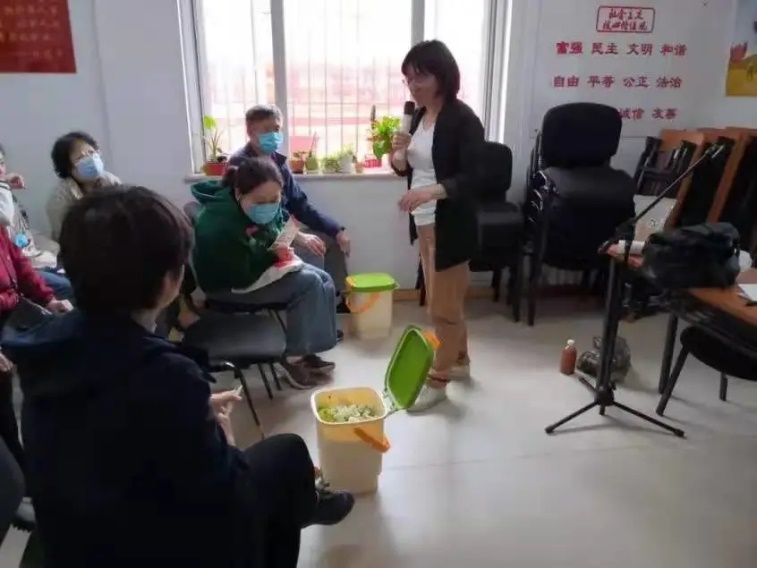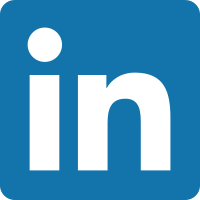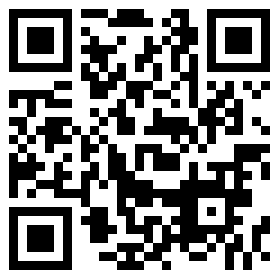Peking University and Yanyuan District cooperatively launched a community-based recycling program to explore innovative technological solution and new business model for garbage sorting
In February 2021, the team in Peking University launched a community-based recycling program in Yanyuan District to involve various local stakeholders in exploring new technologies and business models for household waste recycling.
Having initiated mandatory waste sorting in communities in May 2020, the municipal intended to encourage the waste reduction at source and promote recycling. Within the total generation of more than 20,000 t of municipal solid waste per day, the policy targets to separate the food waste out of the mixed waste flows and improving the recycling rate of recyclables to relieve the pressure on waste disposal. The standardized municipal infrastructure for waste disposal and sorting facilities in communities has been built up to support the four-stream waste separation, namely, food waste, recyclable waste, toxic waste, and the residues throughout the city.
In tandem with the standardized public infrastructure, new business models are emerging targeting the waste sorting behavior of residential households. In order to test the potential in waste reduction by combining different business models in communities. The research team in Peking University initiated a recycling program in Yanyuan district near the campus. We target the two waste streams with the most potential for reduction, the food waste and the recyclables. For food waste, we introduced two technologies into the community. One is bocassi compost at home. With the support of the community, we build a little farm to involve the families to link composting with farming. The other technology is using food waste to breed black soldier fly. We cooperated with a social enterprise to provide on-site food waste disposal services with the capacity of 200kg/day. For recyclables, the community build new recycling cabins in the community, and trying to involve the informal recyclers who have been working here for many years. We are trying to introducing information technology platform to help improve the work flows of recyclable collection, as well as providing incentives to residents to participate in the recycling program.






